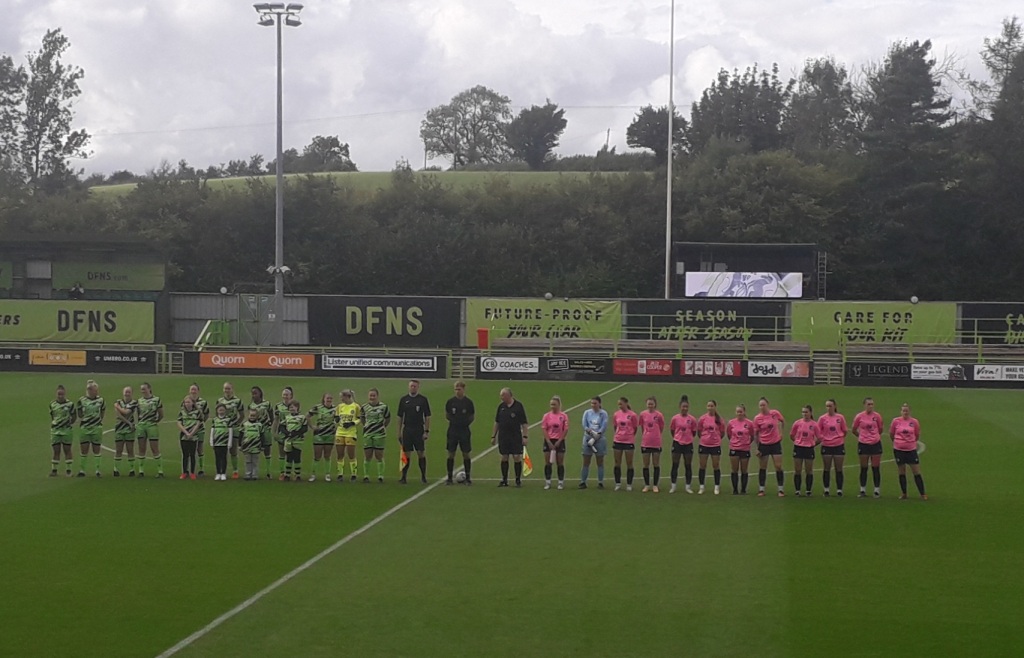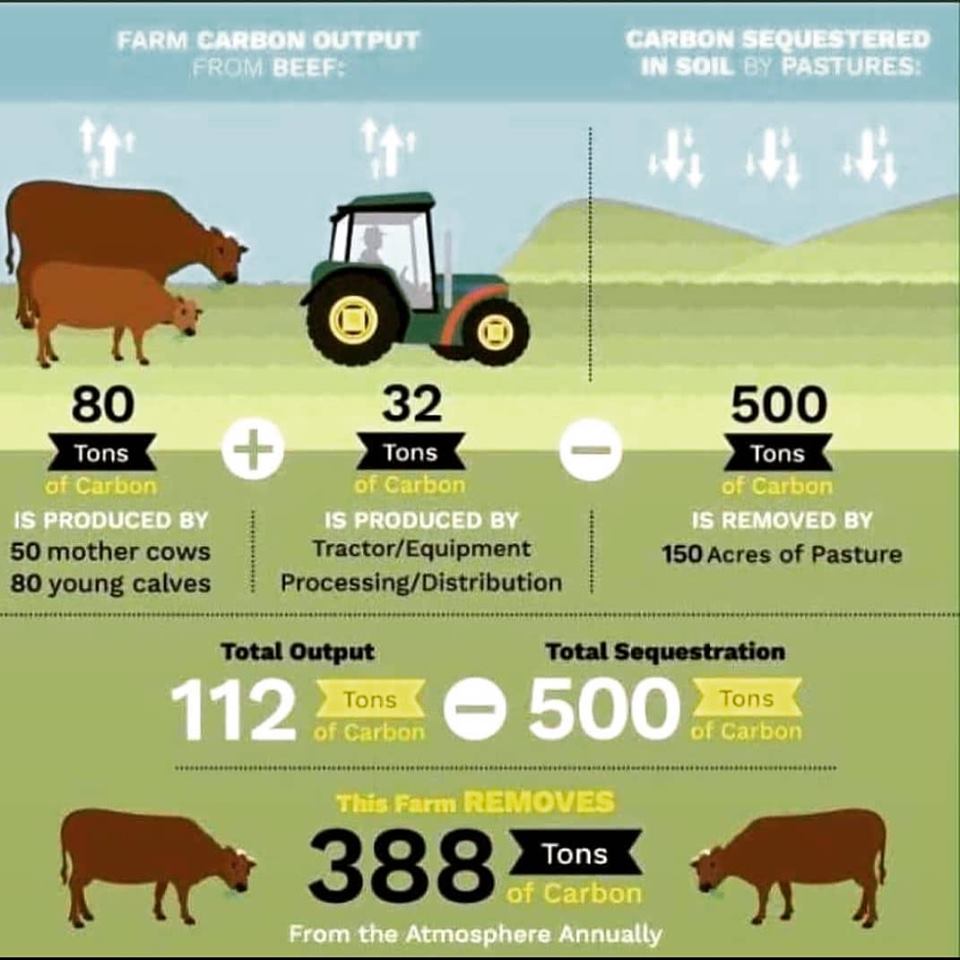
Being a fairly recent convert to women’s football and having made my second visit to Lockleaze for the first home game of the season, I really wanted to go to a GasGirls away game, because away games are always more fun. Due to having to take annual leave recently and subsequent costs I wasn’t able to afford the Wales national team games (whilst I was Eisteddfoding my toilet leaked causing my kitchen ceiling to collapse). Maybe I should have gone down to Cardiff for Cardiff City Women v Aberystwyth Town [a hard fought by all accounts 0-0 against the Welsh champions], but no, I’m a complete tart and this one was doable in a day, I could make it to a Bristol Rovers away game! As I live on the Welsh coast, this one didn’t involve a long drive down to the deepest South West of South West England, but a mere 3.5 hour drive to Nailsworth in Gloucestershire, home of Forest Green Rovers; or about the same driving time as a trip to Bristol for me, so doable in a day. This is generally away football for me, going to away games of teams I support that are closer to where I live than home games. Belt up, for seasoned football fans, this was an unusual trip.
The drive down was odd, it looked complicated on the map, so I left it to the SatNav to guide me to the ground. Cutting South East onto main roads, then single track roads, back to main roads, all with the mighty M5 always close at hand, and finally entering Nailsworth from a single track road right next to the football ground.
Entrance was only to Forest Green’s Main Stand and only via the officials entrance, so up a carpeted staircase; for non-football fans this is very bizarre. The entrance to the stand itself was only via the bar, very civilised. So posh and civilised is this stadium that they only serve vegan food in the ground, being owned by the owner of a major renewable energy company. Veggies are generally poorly served at football grounds, the traditional snack being the [some sort of] Meat and Potato Pie. Yet this is wonderful. As regular readers know I do not eat meat outside of the home as I cannot guarantee it’s sustainability and feel when eating out vegan food should be the norm. It means everyone has a choice and you won’t be eating dubious meat from intensive agriculture. However at a football stadium this is still strange indeed.
It’s a pleasant setting, a tier 4 English Mens league ground (EFL League 2) with the rare site of trees swaying behind the terraces. Nailsworth is perhaps a bit small for English Tier 4. Indeed they spent most of the twentieth century playing in the Gloucestershire Leagues, before making it to the League in the 1990s. Incidentally gaining that fame and glory about the same time as my London club, Enfield were pushing for entry to the Conference (tier 5), until disaster struck; the chairman sold the stadium and then ran off with all the money, hence causing the creation of Enfield Town… whose Ladies team have still yet to see, I’ve not had any London trips since Covid and it’s just a bit far at the moment, sorry.
The match commenced with a minute’s clap to mark the tragic death, at just 27, of Sheffield United’s Mandy Cusack.
Anyway to the match. A ‘top of the table clash’ at tier 5 in the English women’s game, with two clubs whose men’s teams have league status (Tiers 3 and 4), in a league with just one promotion spot, despite it not yet being October the result could determine who wins the league this year, one which both teams wanted to prove a point with.
The game started as it would go on, with both teams pressing the other team high up the park, never the prettiest open football, but in football sometimes needs must. Scrappy and very even but the Gas seemed to be just about edging the percentages of winning tackles, passing players and getting the ball back. There was one problem, Forest Green have a very pacy forward, who had already shown she could overtake our dender from 2 yards behind and get in froin with the ball facing goal. This time she got a shot off, excellently blocked by our keeper, but unfortunatly into the path of a Forest player, 1-0 Forest Green.
Second half, as a pressing game, there was a lot of tackles flying in, all good ones for the most part but inevitable one will get mis-times and give way a free-kick. We conceeded a 40 yard one. We’ll be fine I thought, this isn’t the national team with free kick specialists who put these away. Bang into the net just under the crossbar and inches from out keepers outstretched hand 2-0 Forest Green.
Thes Gas Girls don’t give you know and were sprinting back into position to figth back. Less that a minute later we had our own 40 yard free kick, Bang into the net just under the cross bar… wait what didn’t this just happen at the other end less than a minute ago? Yes 2-1! I suspect I will never see two 40 yard direct free kicks go in at either end within a minute ever again, worth the entrance fee alone.
Now we had one back it was all Rovers (of the Bristol variety), still a pressing game, but winning more and more of the exchanges and finally getting some space to work the ball. We had chance after chance but they wouldn’t go into the net. I was getting deja-vu for last Friday night’s visit of Wales women to Iceland in the Nations League, where Wales dominated possession and just couldn’t score (Iceland 1-0 Wales FT). 90 minutes appeard on the clock and as injury tiem deepened and the Gas Girls thundered the ball forward, it was just not to be, it wasn’t our day. We had out-played the opposition at their home ground, but that’s football, we love it for it’s unpredictability.
So I’ve now seen the Gas Girls three times. I’ve started to know the players, whose good at what and weaker at other things, all the bits that make being a fan interesting.
So I was a bit deflated facing the long drive home. Yes 3.5 hours is a longish drive on Britains, narrow windy up and down roads, endless junctions and roundabouts, constantly changing speed, it is tiring. Especially with the cliche of it starting the rain just after crossing the border back into Wales.
I made it back to Aberystwyth and to a roaring pub in time to catch the second half of Wales v Australia in the Rugby World Cup (or egg-chasing as many football fans call it). Wales were winning! I was still wearting my bright blue Bristol Rovers scarf in a sea of Red Wales rugby tops * but Wales were winning! And not only that but dominating the game and making Australia look like a poor side. Cymru 40-6 Australia 40-6! Incredible stuff. So all my earlier disappointment washed away and I could embrace a pub full of fellow happy Welsh people, supporting sport teams gives you these amazing roller-coasters of emotion sometimes.
*You can do this in Faberystwyth. Unlike when I was returning to Bristol from an away game against Yeovil Town to overnight with Bristol friends in Bedminster. I hadn’t thought and two men approached me ‘That a Gas scarf?’ [Note that Bedminster is generally a Bristol City part of Bristol]. I was really scared as they pulled my scarf off. Then I saw the dumbfounded looks on their faces as they read ‘Enfield FC, Pride of North London’ on the scarf. I’d got away with it and they handed me back my scarf!
All in all a grand day out, seeing the amazing Gas Girls in action and Wales winning in the rugby. Sometimes I think I support too many teams an dlike too many things but on days like that it feels very worth it.



